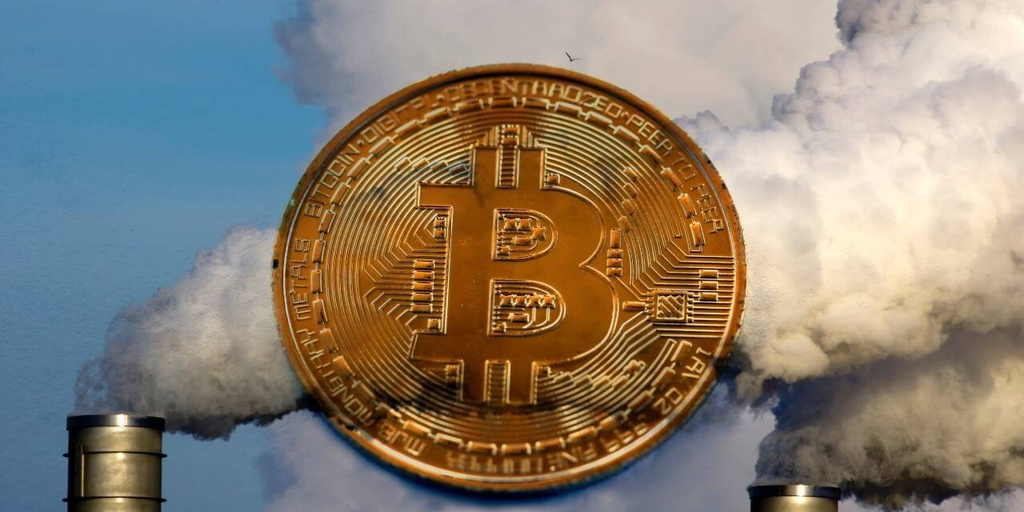Harvard-led Study Reveals Bitcoin Mining Spreads Air Pollution Interstate
A study published in Nature Communications reveals that Bitcoin mining generates harmful air pollutants, with fine particles affecting areas far from mining sites. From August 2022 to July 2023, approximately 1.9 million Americans were exposed to significant pollution levels. Affected regions include New York City, the Houston/Austin area, Northeast Texas, and parts of Illinois/Kentucky. The research indicates that Bitcoin mines increase electricity production from fossil fuel plants, causing cross-state pollution. For instance, a mine in North Carolina led to increased coal burning in Kentucky, impacting air quality in Illinois. This situation creates regulatory gaps due to the lack of accountability across state lines. Suggested policy solutions include a "Good Neighbor" rule from the EPA to control emissions and incentives for responsible mining facility siting. The study also highlights a trend of Bitcoin miners shifting to AI due to declining earnings. Researchers warn that the expansion of Bitcoin mining and AI could worsen environmental impacts if coal plants remain operational longer than planned.














